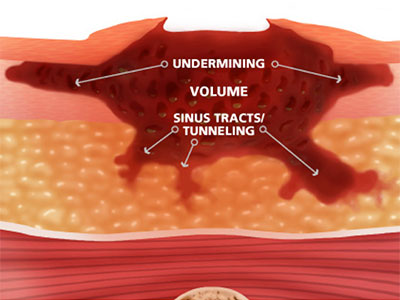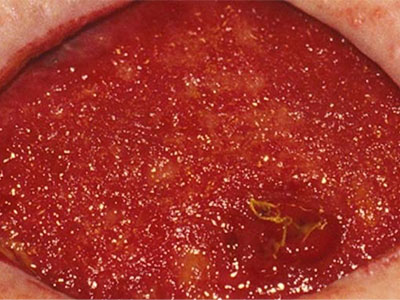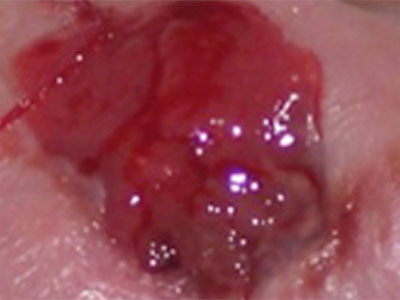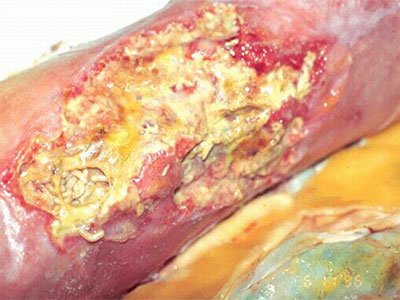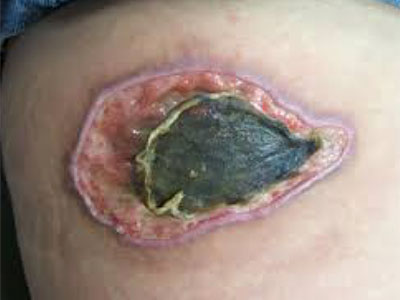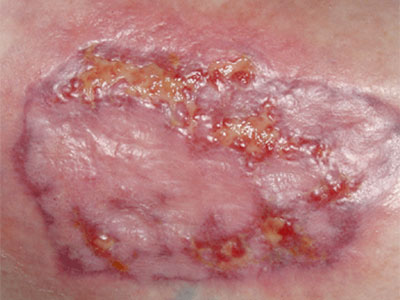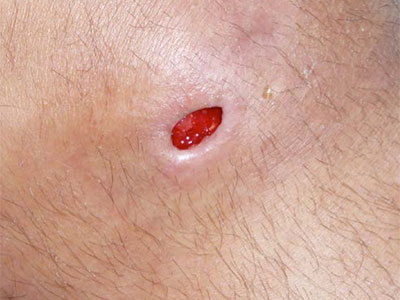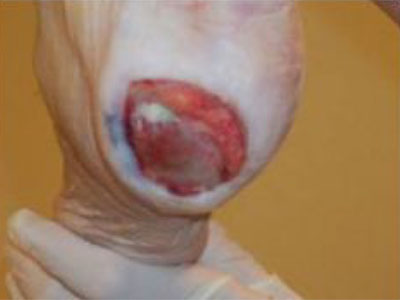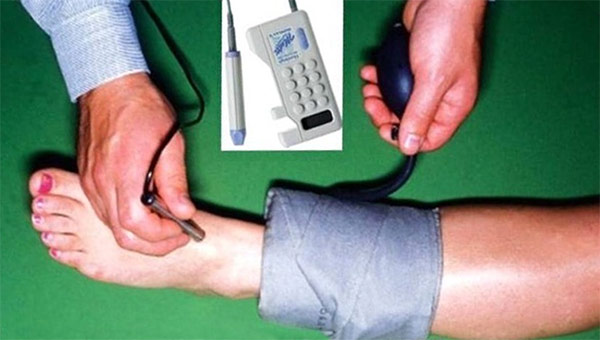Combination Therapy
Combination antidepressant treatment refers to the addition of a second agent to augment the effect when the response to one agent is not adequate. This is typically done when a patient has an inadequate or failed response to 2 antidepressants at an adequate dose. A second antidepressant with a different mechanism of action, anticonvulsant medications, lithium, thyroid horomone (cytomel), or an antipsychotic medication have all been recommended as combination treatment for depression. Target symptoms often guide the choice of a combination drug regimen. The table below lists some symptoms that can be targeted with combined therapy.
Note: Always consider a consultation with the AHP BHI team and or a referral to BH specialty when available for your patients who require combination treatment or whose depression is not responding adequately to usual treatment.
Options for Combination Therapy in Adults
| Combination Medication | Typical Dose* | Symptoms this agent can be used to target: |
|---|---|---|
| Buproprion XL (Wellbutrin®) | 150-300 mg daily | Reduced motivation or lack of energy |
| Mirtazepine (Remeron®) | 7.5-30 mg QHS | Weight loss, nausea, insomnia or anxiety |
| Buspirone (Buspar®) | 10-30 mg BID | Anxiety |
| Aripiprazole (Abilify®) | 5-15 mg QAM | Irritability or obsessive thinking |
| Quetiapine (Seroquel®) | 50-200 mg QHS | Anxiety, insomnia or agitation |
*medications should be dosed at a scheduled frequency, not dosed prn






